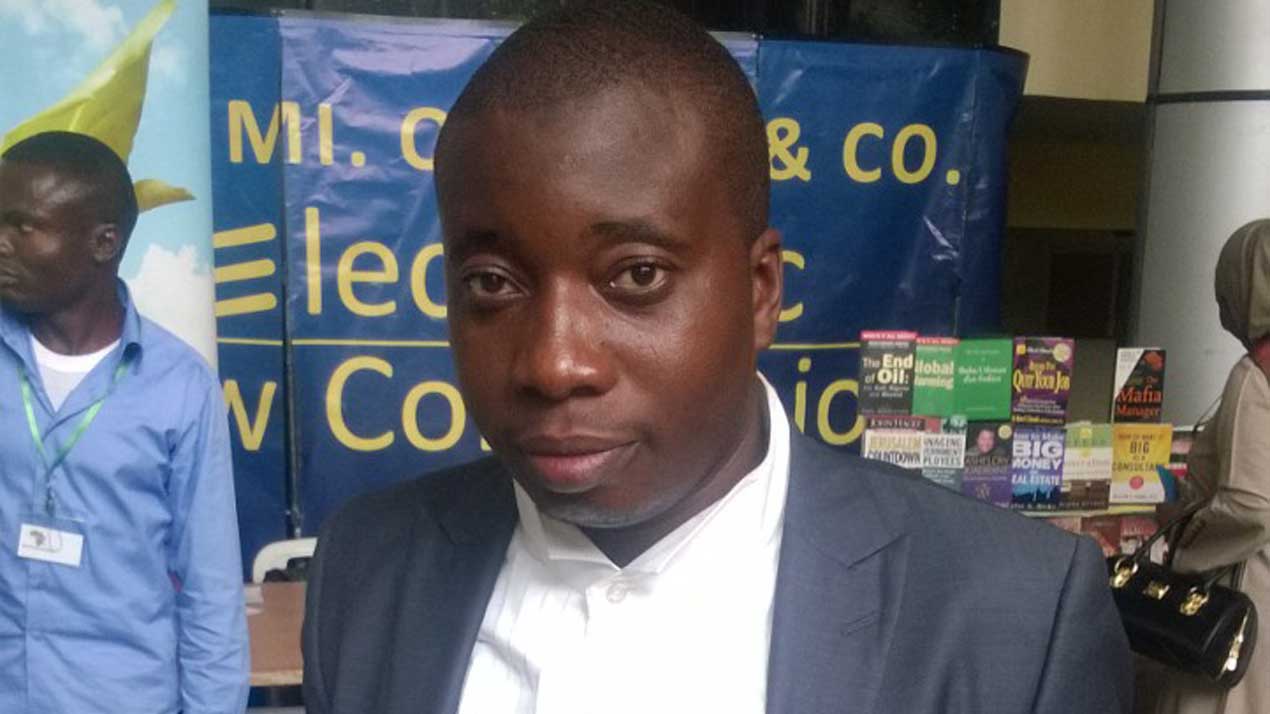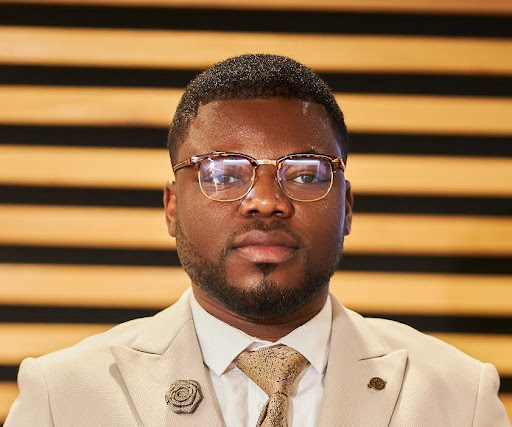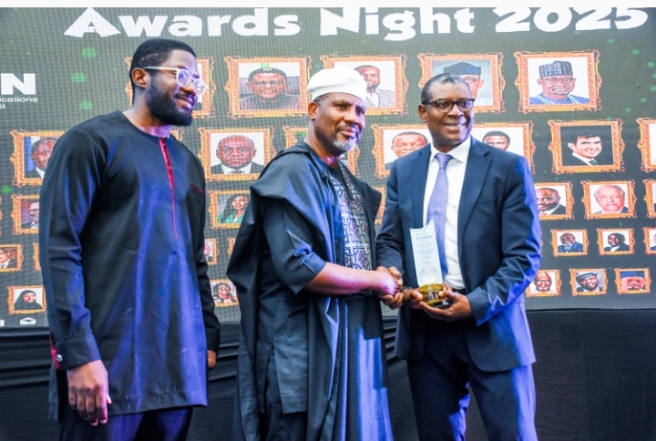
Murtala Sani is the co-Founder of WeSabi, a tech startup that helps solve the challenge of getting artisans to help fix domestic challenges in the neighborhood. The firm recently won N12 million grant from ARM at the DAAYTA 2019 competition. He spoke with ADEYEMI ADEPETUN on the challenge, largely funding, which startups in this part of world, face. Excerpts…
What problem do you think WeSabi is trying to solve?
There are two major problems we are solving at WeSabi. First, the problem of trust that exist between the middle or upper-middle class and those in the blue-collar sector, who majorly, are in the lower class.Secondly, we are trying to get more people in the skilled blue-collar sector, by providing more jobs for personnel in our network, hereby improving their standard of living.
The way people usually get Artisans such as plumbers, electricians and the likes is by calling friends or families for referrals, and this is largely due to the trust issue we have in this society, yet, people still complain a lot about them, which only points to one fact; that system is broken!
One of the challenges with being a startup is the issue of trust, how are you tackling that?
The solution that WeSabi itself is providing is actually bridging the trust gap. We provide customers with professional indemnity insurance to the tune of N1, 000,000 that protects them from rare cases of theft and damages that might be incurred by any workers gotten via our network. We also let customers rate every worker after a job has been completed; we go as far as calling them to ask for reviews, to keep the workers in check
WeSabi started out in the city of Abuja, why did you decide to relocate to Lagos?
We launched in 2015 in Abuja. We operated in Abuja for one year, afterwards we got into the CChub growth academy in Lagos, and this gave us an opportunity to test the water in Lagos. We’ve never looked back since then. In the first three months, the request traffic in Lagos tripled that of Abuja that was when my cofounders and I agreed we needed strong presence in Lagos, and someone has to be there physically.
Using WeSabi as an example, what challenges confront techprenuers and other startups in the country?
One of the major challenges we faced earlier on was on boarding these Artisans to our technology. This is because of the low Internet penetration among this class of people; we have since found a solution for them though, by creating a USSD platform separately for the Artisans.Startups face funding challenge. We always had funding challenges, we bootstrapped for a year before investing our own personal savings. We later got our first investment in October 2016.
You recently won the DAAYTA 2019, how has the experience impacted your startup?
Since the very next day news broke, we’ve had tens of customers making requests on our platform and saying they did so because they heard about us winning DAAYTA award. This is where we will need to step up our customer’s service, there is nothing more than we want than keeping new customers coming back over and over again
Before winning DAAYTA, can you share how many times you were referred and number of times you must have pitched? In all these, what kept you going?
This was the first time I was referred by my mentor to apply for the DAAYTA award, before then though, I had pitched to some other programmes, which required an award to be won, and we never won. About three, we came close in the last one, but still didn’t win. What always keeps me going is that the business is way more important than these awards, so making sure your business survive is number priority.
How would a platform like DAAYTA add value to the development of young entrepreneurs?
Asides the funding, the core benefit of DAAYTA is the course, which will be taken at the Enterprise Development Center. I had personally been saving to attend this course, now it came as a platter of Gold. Asides that, the accelerator program, which comes with mentoring, is a great deal. This will be done at Ventures Platform; these benefits will be extremely valuable to me and future winners of DAAYTA. There is nothing like having knowledge in how to navigate your ways in the entrepreneurship field
Looking ahead, where do you see your startup in another five years?
Our target is to become a household name in home maintenance services, provide jobs to over 5000 skilled workers in the blue-collar sector, and having presence in all major cities in Nigeria and at least, one African country.
Did you stumble into becoming an entrepreneur or it was something you planned?
Entrepreneurship was imbibed in me by my mum. Since me and siblings were kids, my mum had always owned farms, ranging from poultry to cattle, goats, even maize farms. As children we were made to work there during holidays. As I grew up, I started getting involved in the actual management of my mum’s businesses. This phase taught me a lot about being an entrepreneur. As time went by, I owned my own small poultry farm by the side even when I was 19 at this time. I had since gone ahead to do other businesses; fish farming, block making industry, buying and selling. All of these shaped my mind and thinking. My adventure into technology started when I got involved in computer repairs, I had learned this from one of friends, during my second degree, I started repairing computer systems for people to make money.
Can we have a peep into your career and life?
I am the first of 4 children. I come from Offa, Kwara state. I attended Olumawu Nursery and Primary school in Ilorin, then Federal Government College Ilorin afterwards. I studied information systems at the University East London. My mum had always wanted me to become a Doctor, so before my Information Systems degree, I had studied Human Physiology and Biochemistry at University of Ilorin.
Before embarking on my second degree, I worked as a sales executive in Pension Alliance Limited. Once I completed my information systems degree, returned to Nigeria, worked with Galaxy Backbone Plc as a data center engineer.
After three years, I got another job at Funmi Quadri & Co (A Law firm using information technology to build applications for legal practitioners). I started out as business development executive and got promoted to a business development manager.






